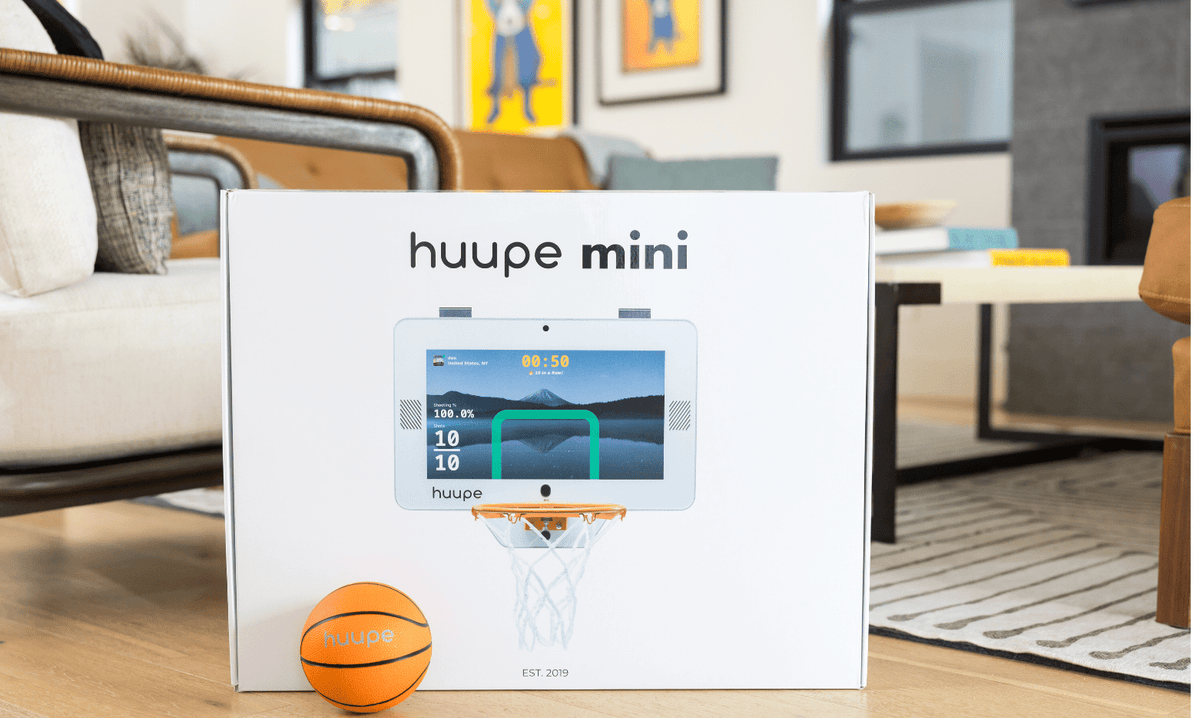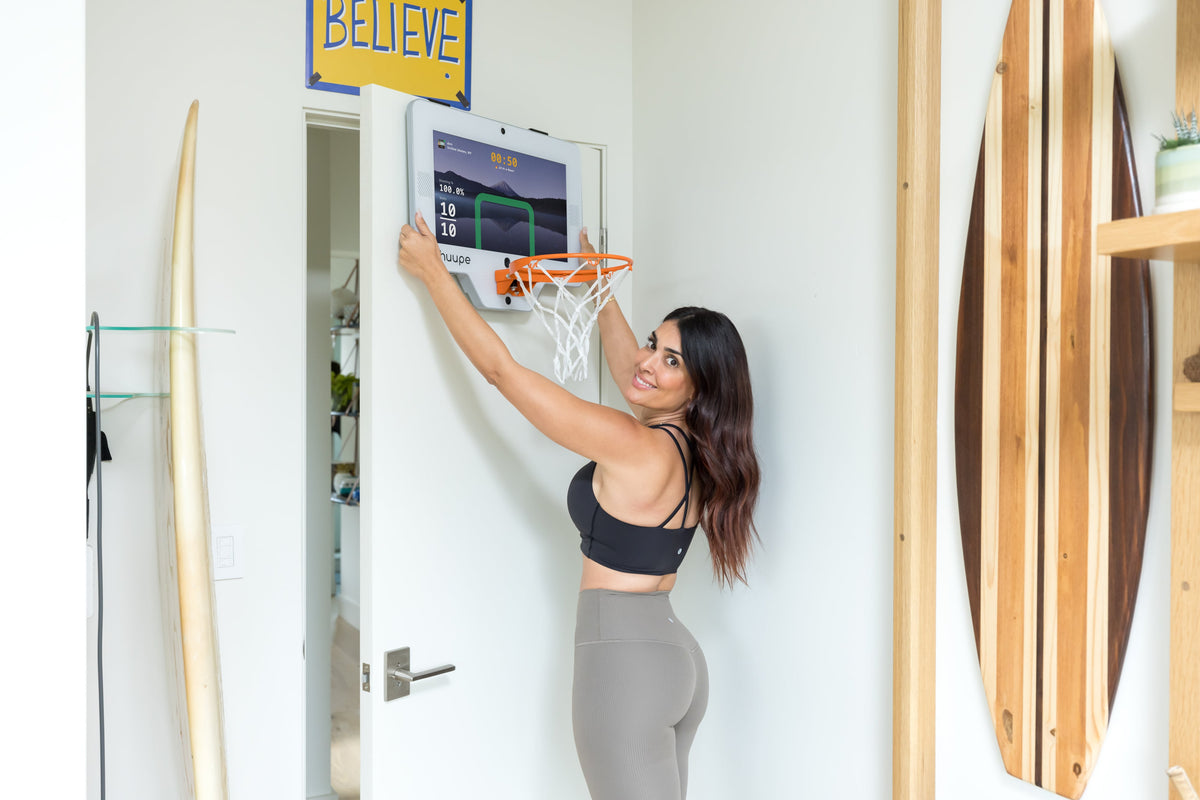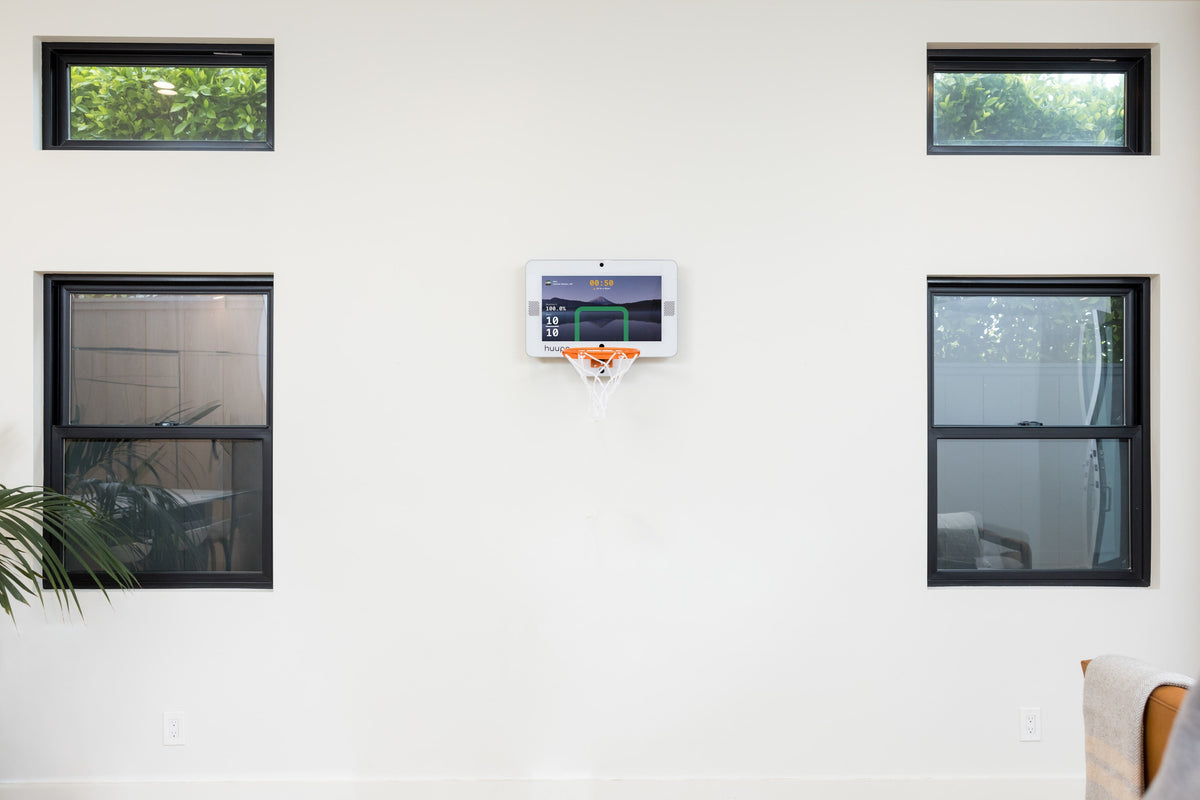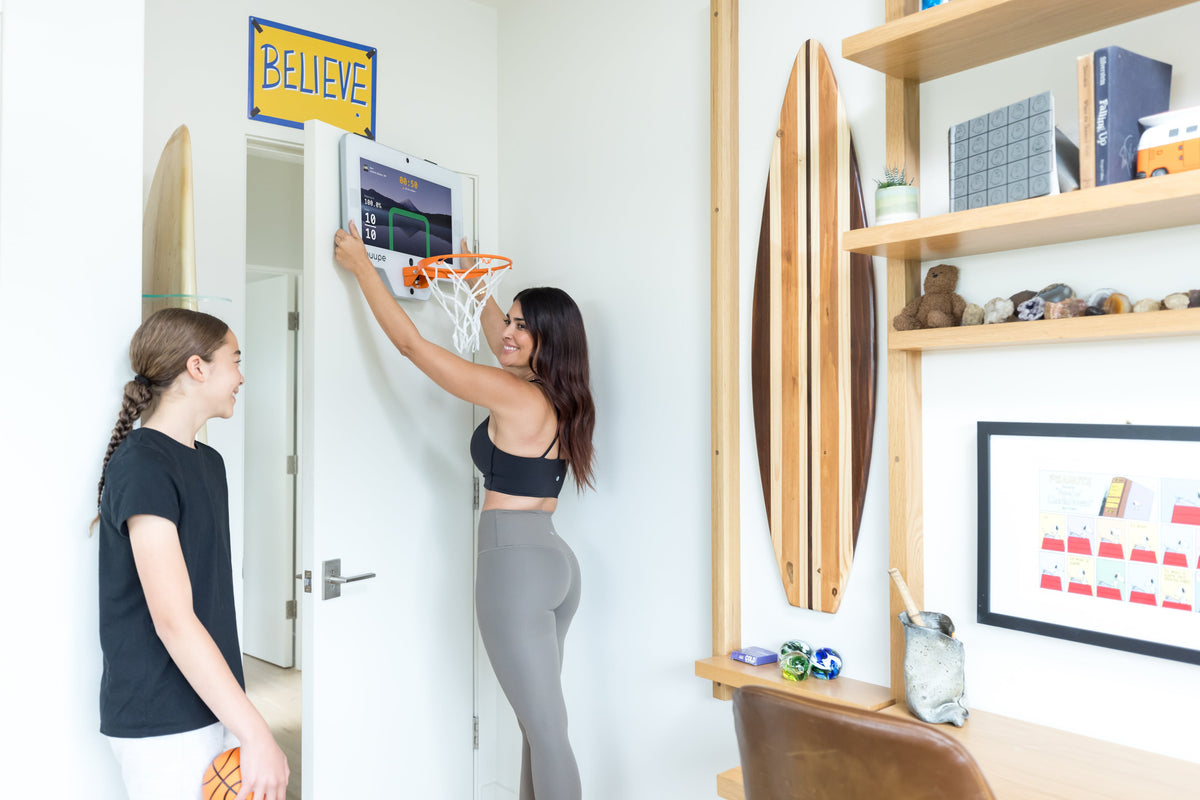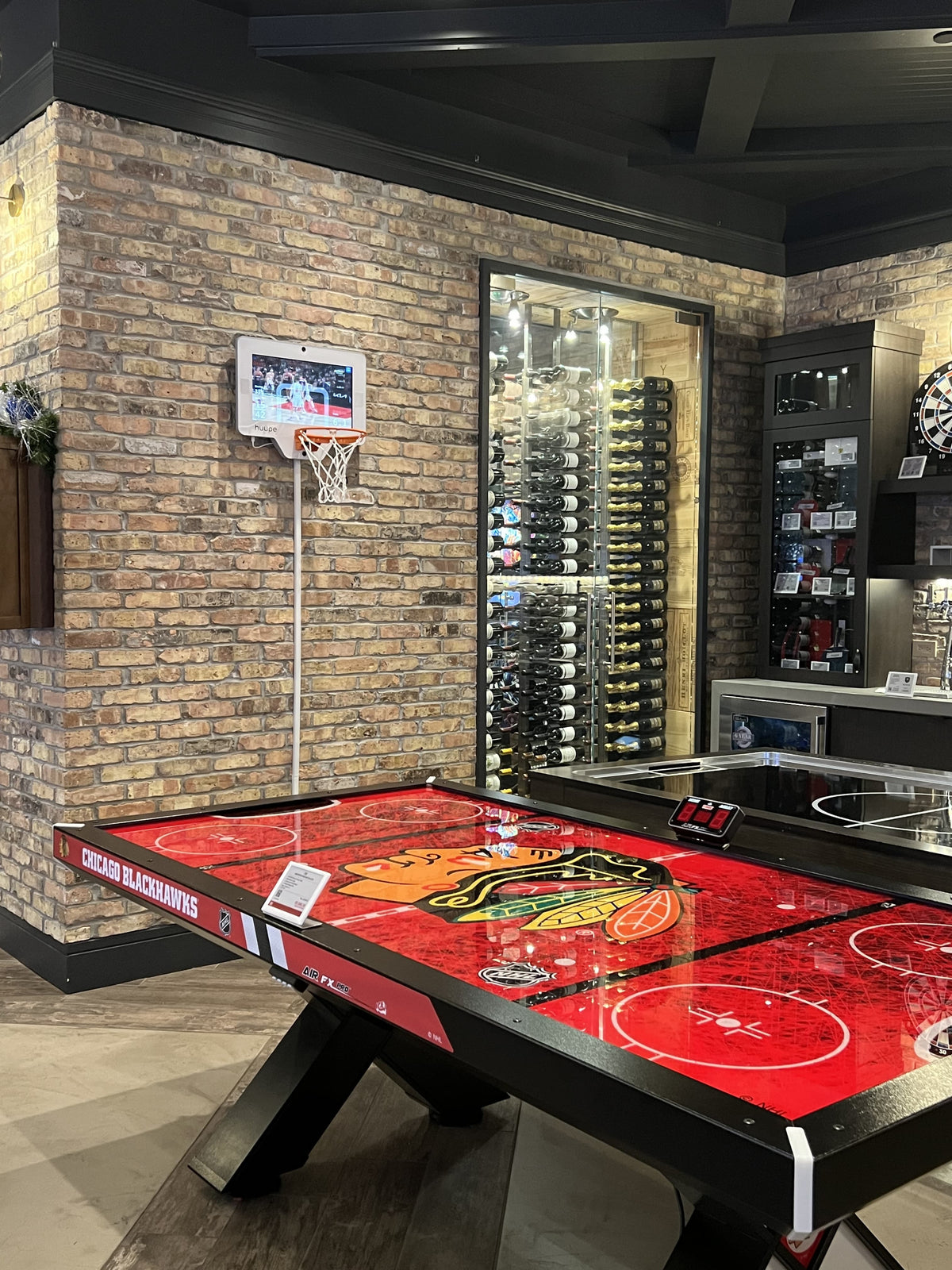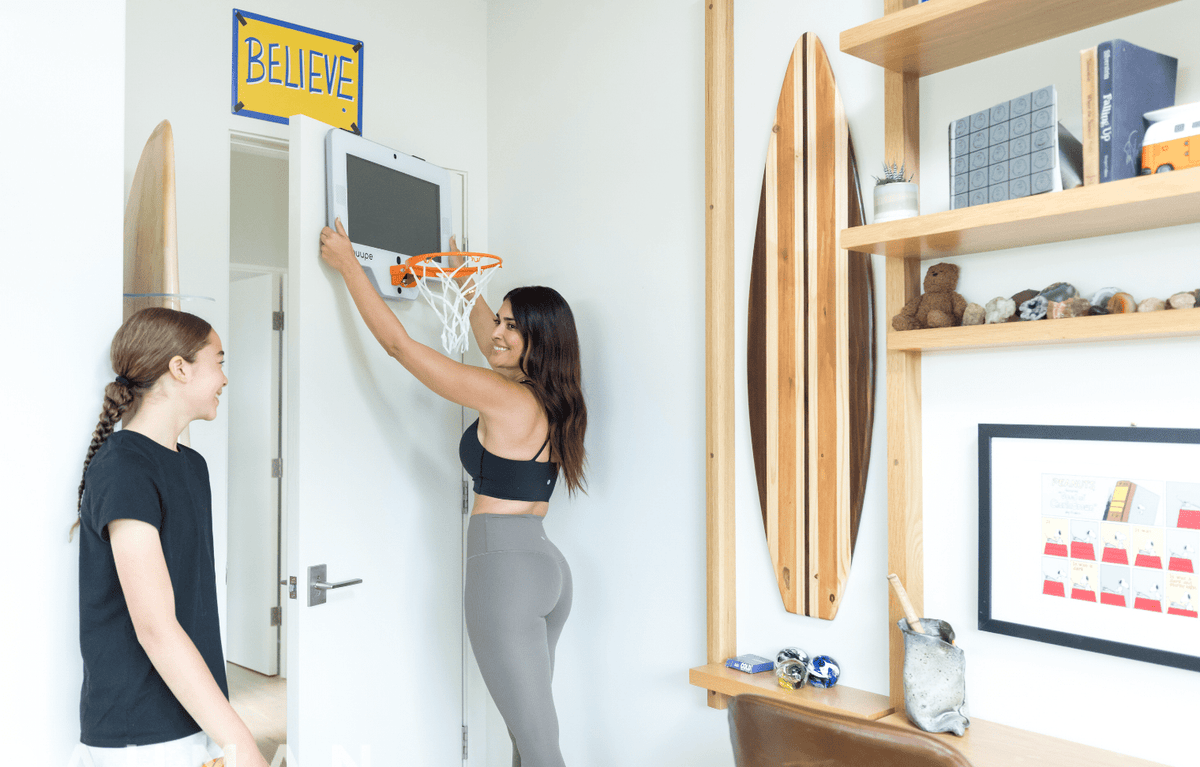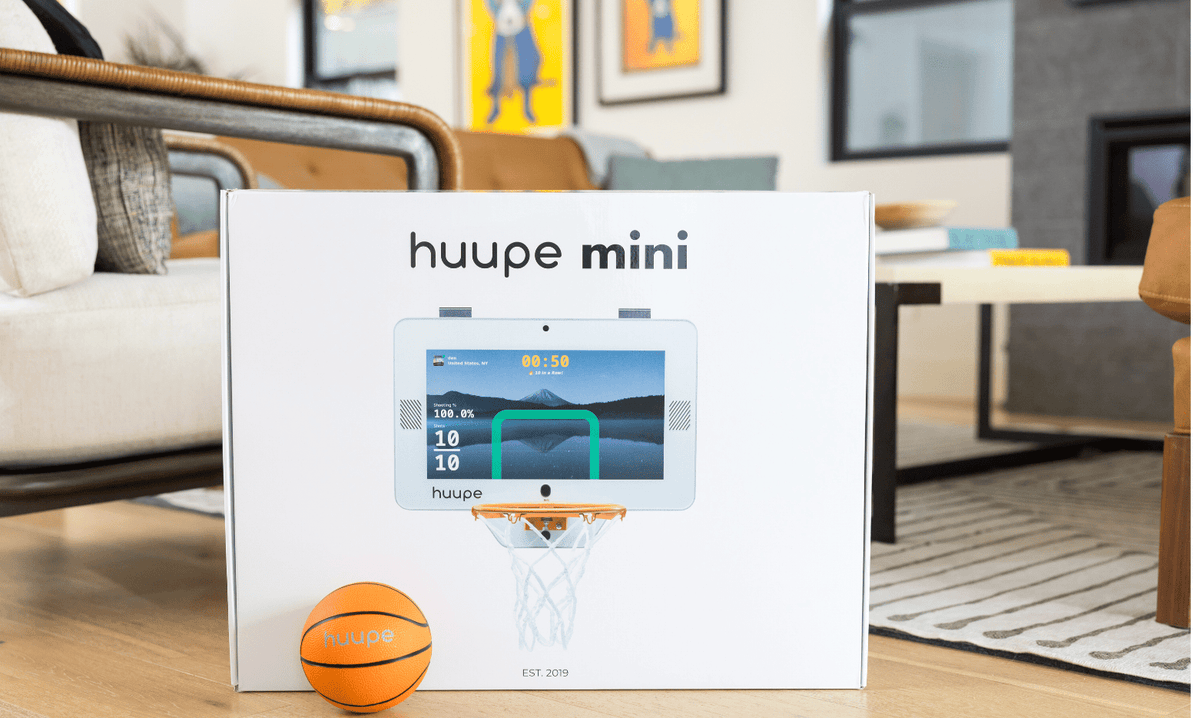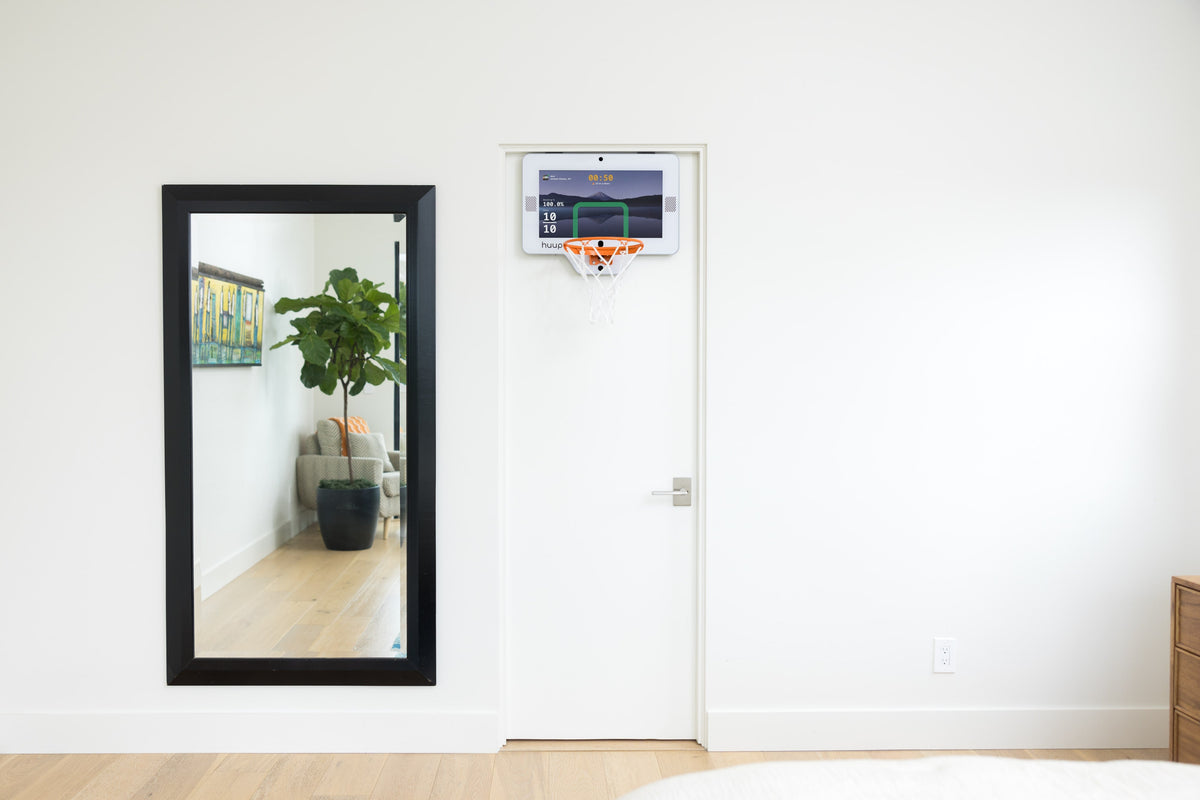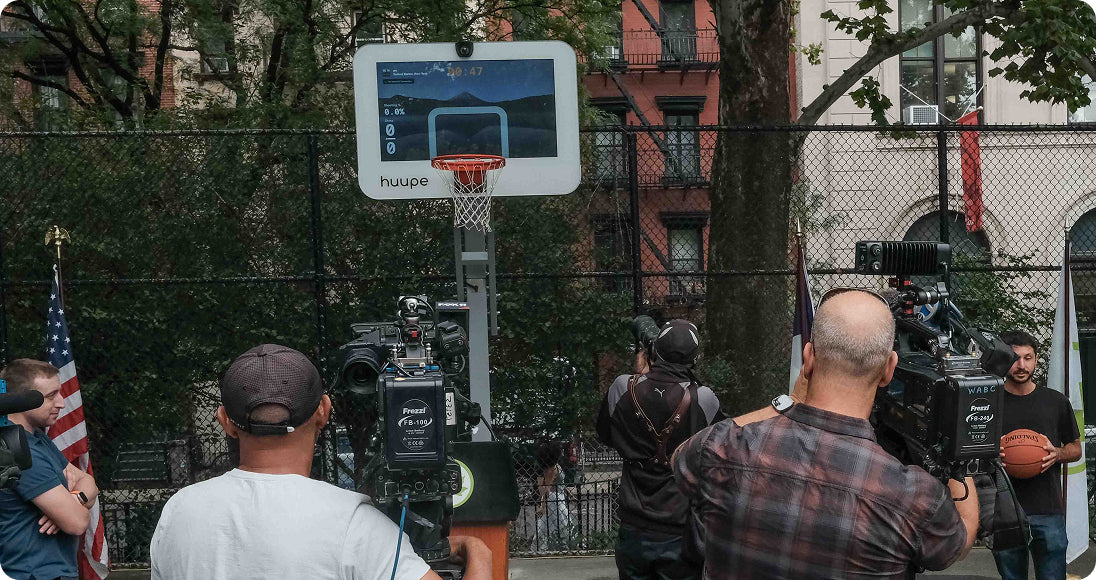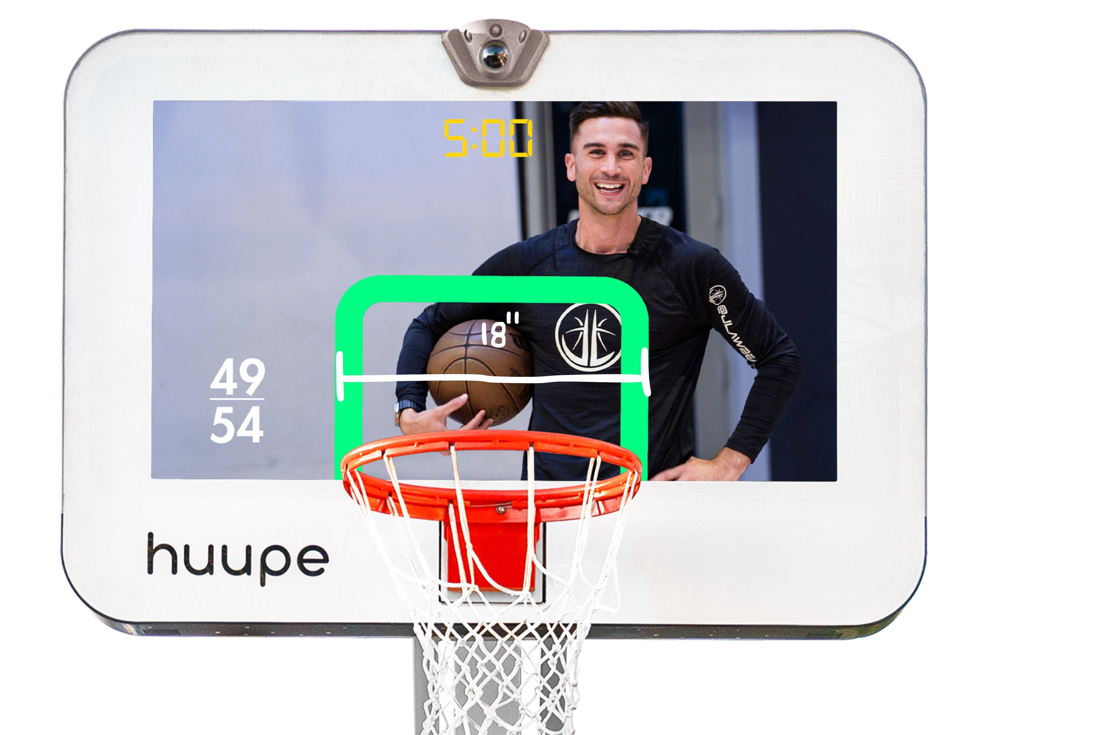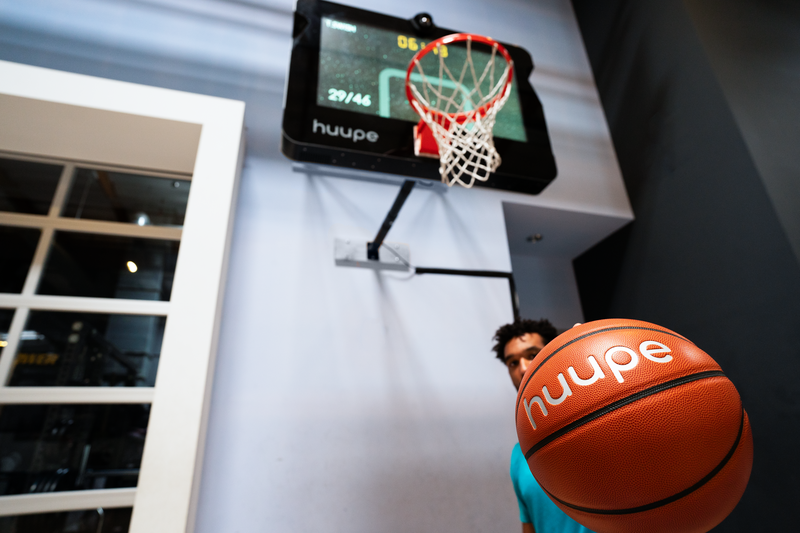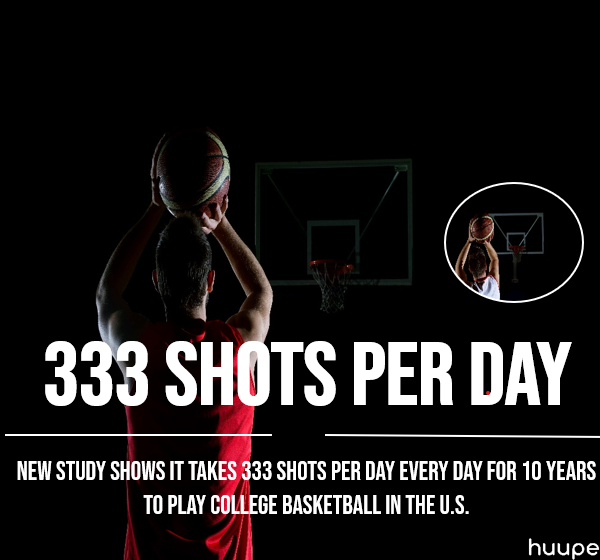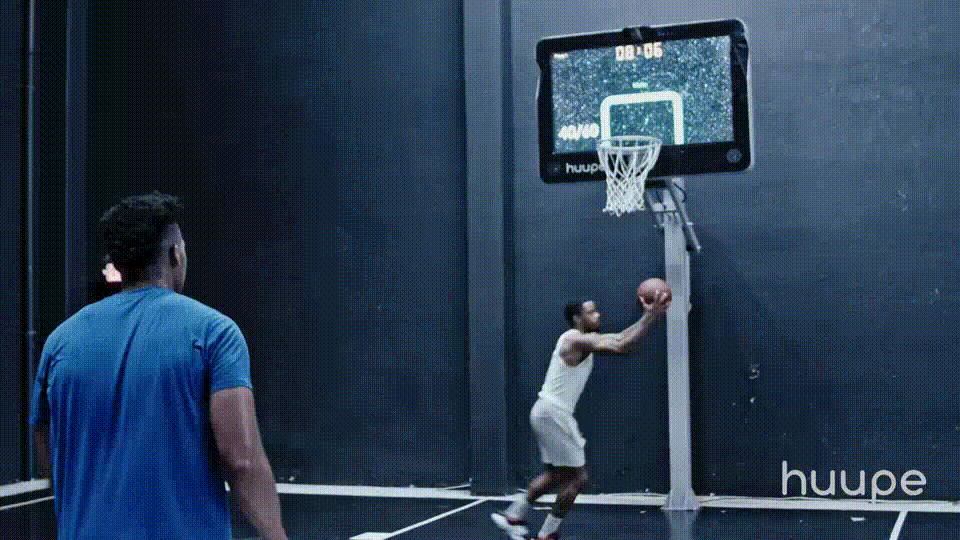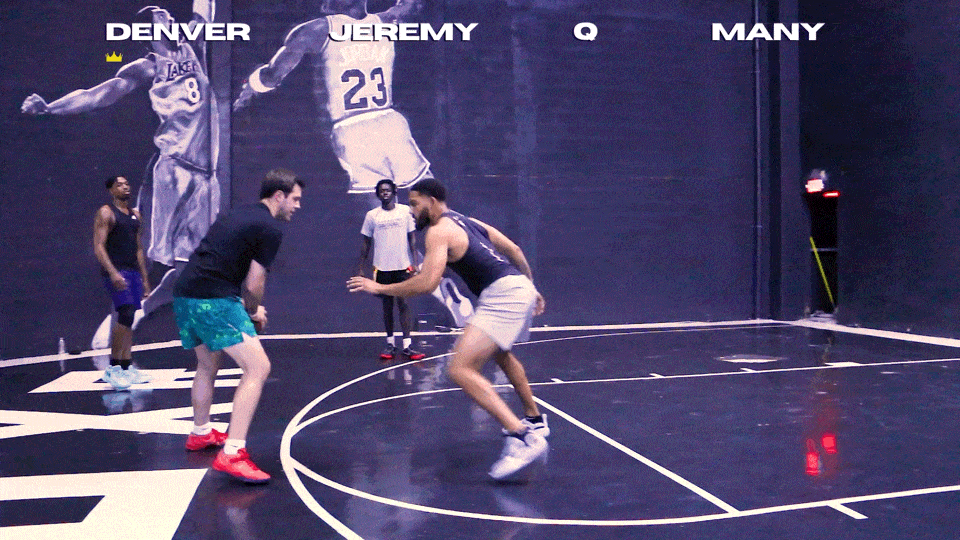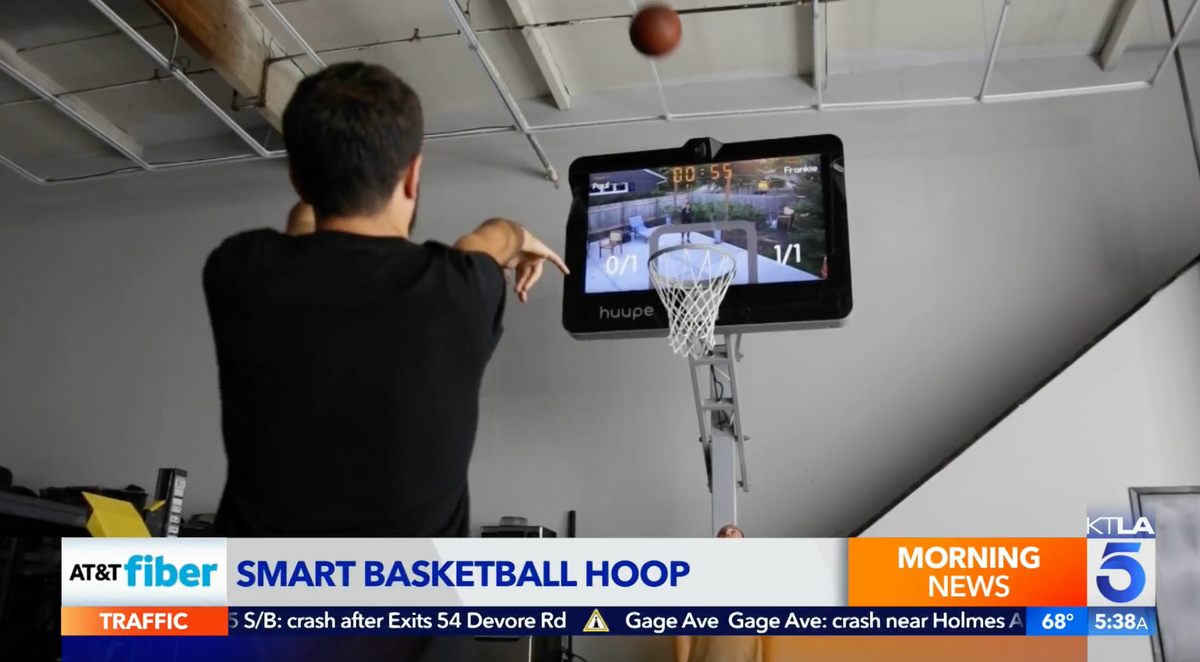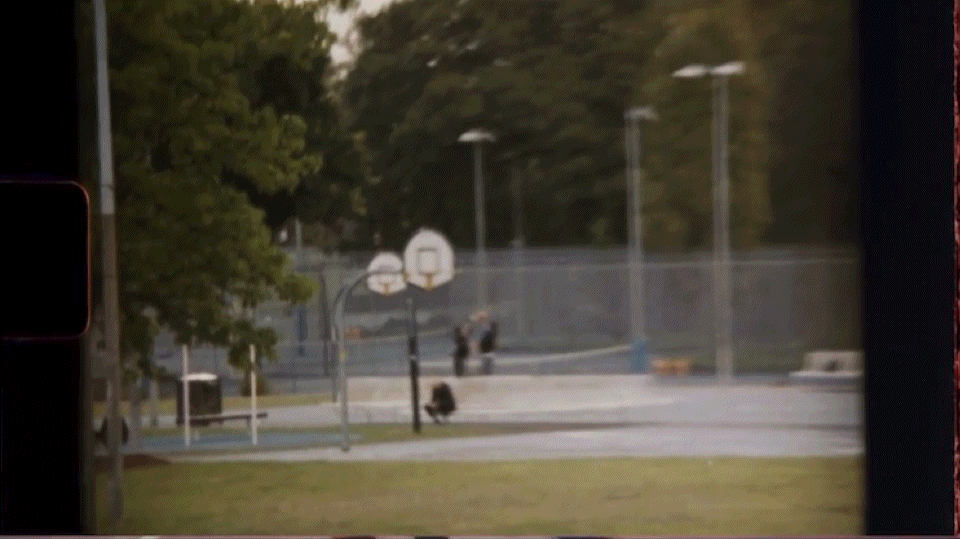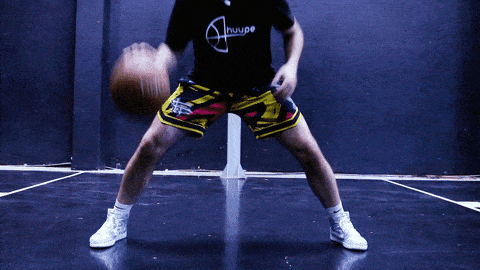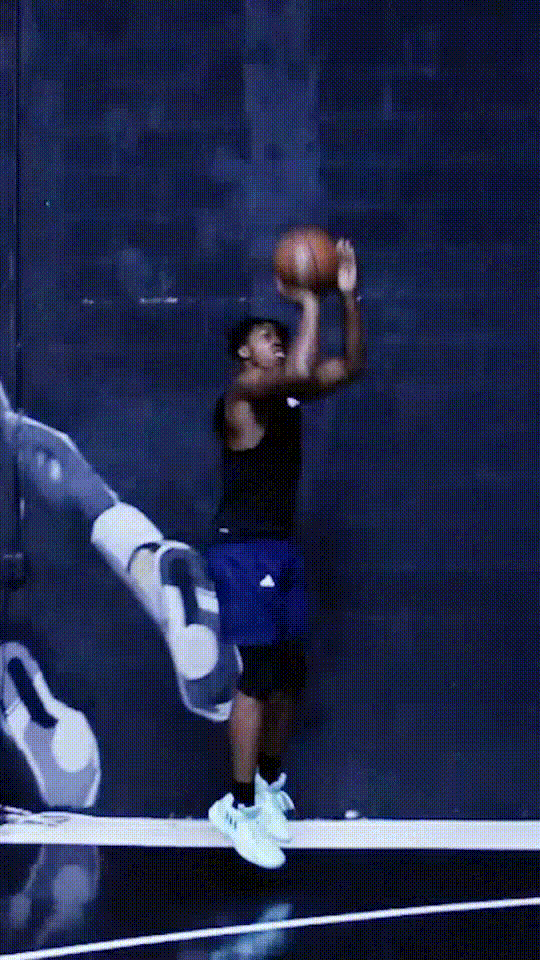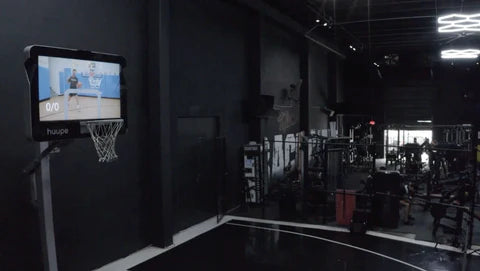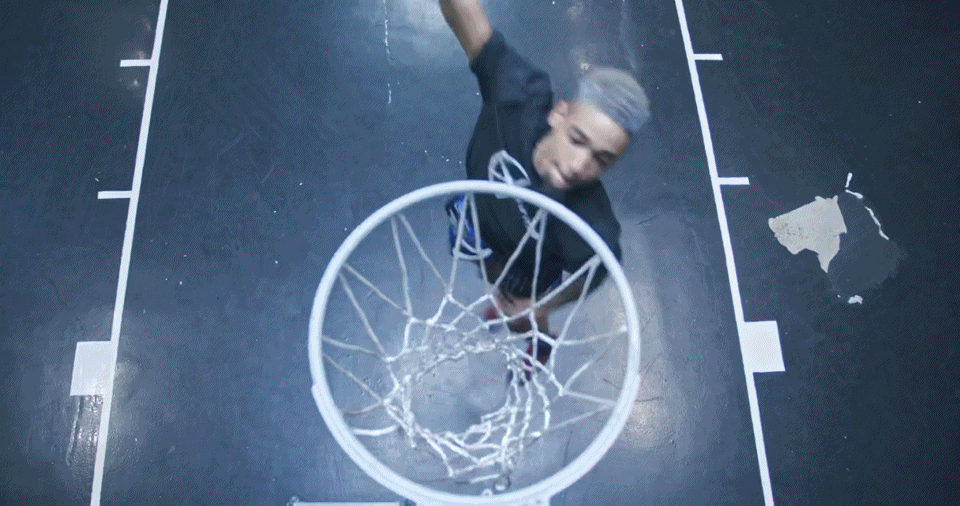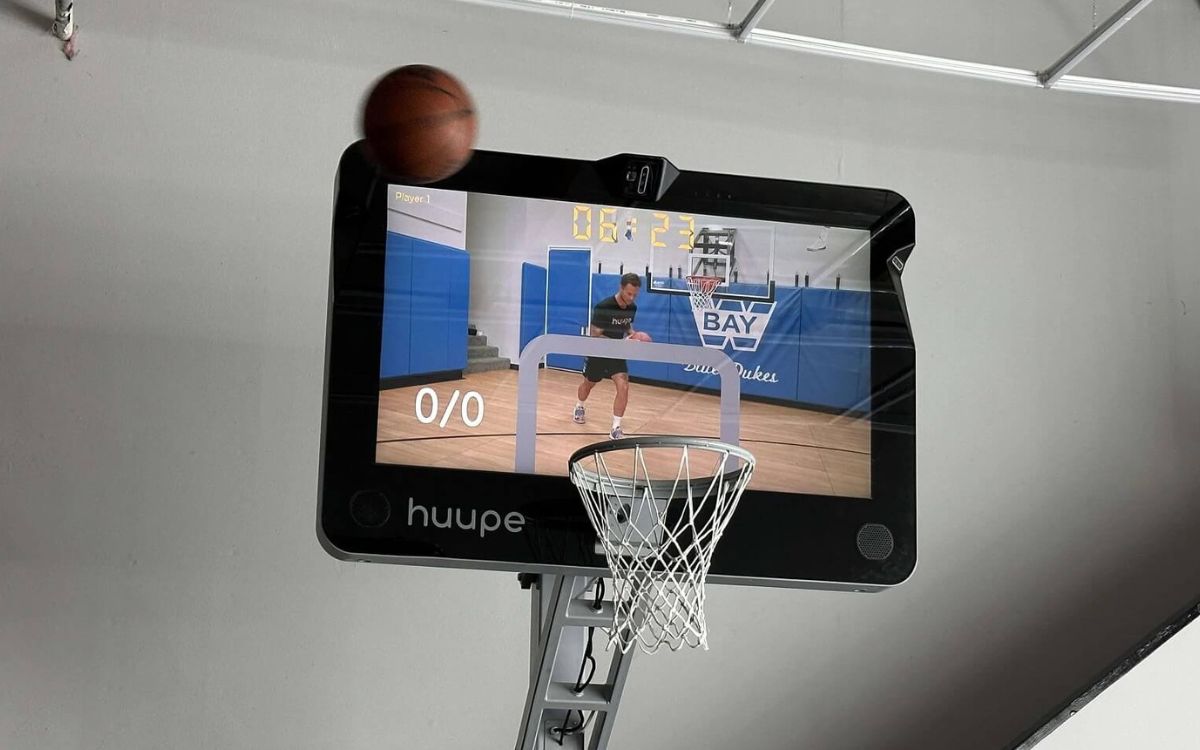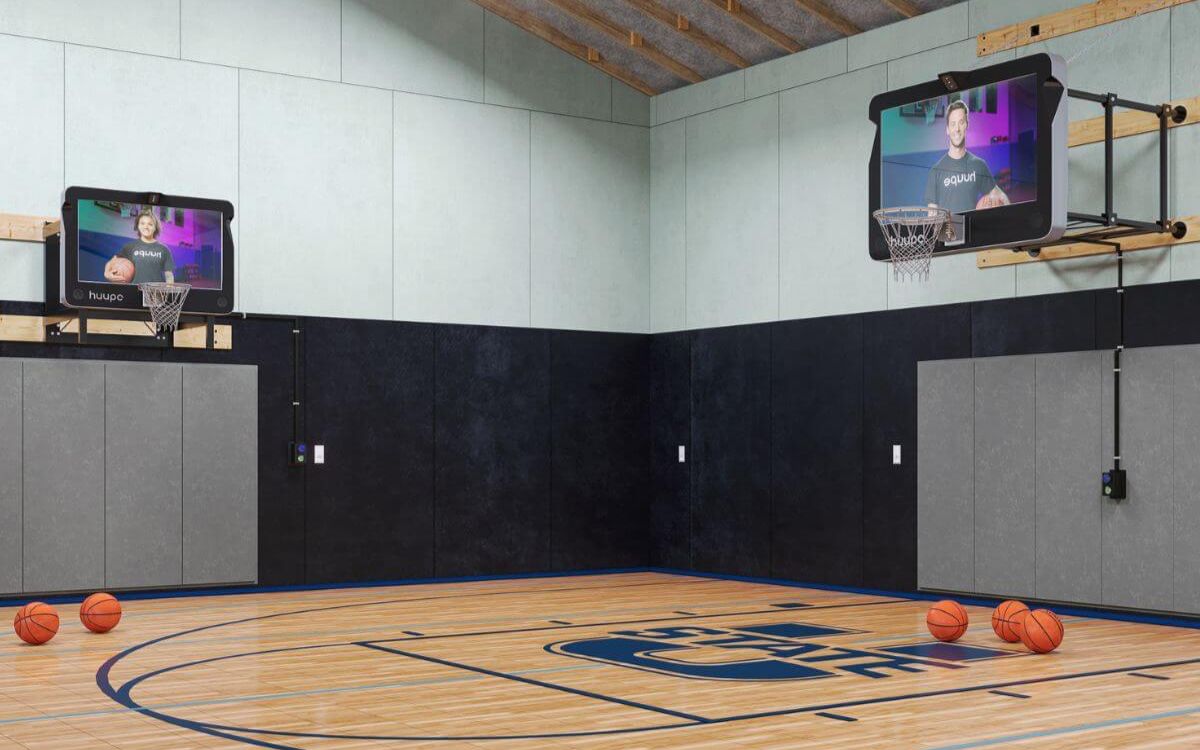Basketball is a sport that demands rigorous training, dedication, and the right tools for success. For aspiring players dreaming of competing at the Division 1 (D-1) level in college, every advantage counts. One tool that has gained popularity among players of all ages is the mini hoop. Typically mounted on a door or wall, these small hoops offer an accessible way to practice skills at home. But can practicing with a mini hoop actually help you make it to D-1? Let's delve into the benefits and limitations of using a mini hoop as part of your basketball training regimen.
The Advantages of a Mini Hoop
1. Improving Shooting Skills
One of the primary benefits of a mini hoop is its potential to enhance shooting skills. The smaller target area challenges players to improve their accuracy and consistency. When you practice shooting on a mini hoop, you have to be more precise with your shot, which can help refine your shooting mechanics. This practice can be beneficial in several ways:
-
Focus on Form: The mini hoop allows players to focus on their shooting form without the distractions of a full-sized court. By honing your technique, you can develop muscle memory that will translate to better performance on a regulation hoop.
-
Repetition: The convenience of a mini hoop means you can shoot more frequently. Repeated practice helps ingrain good habits and build confidence.
2. Enhancing Ball Handling
Ball-handling drills are another area where a mini hoop can be advantageous. The confined space around a mini hoop can simulate game-like scenarios where quick and precise ball handling is crucial. This can help players:
-
Develop Quick Hands: The close proximity of the mini hoop encourages players to work on quick dribbling and handling under pressure.
-
Refine Coordination: Practicing dribbling and shooting with limited space can improve overall hand-eye coordination and agility.
3. Convenience and Accessibility
Mini hoops offer unparalleled convenience. They are easy to set up in your home, allowing you to practice at any time without needing access to a full-sized court. This accessibility is beneficial for several reasons:
-
Consistency: Regular practice is essential for skill development. A mini hoop provides an opportunity to practice consistently, even when you can’t get to a gym.
-
Versatility: You can use a mini hoop for various drills, including shooting, dribbling, and passing, adapting your practice routine to your needs.
Limitations of Using a Mini Hoop
1. Scale and Realism
While mini hoops offer several benefits, they also have limitations that can impact their effectiveness:
-
Size Discrepancy: The small size of the hoop and ball can create a mismatch with the full-sized equipment used in official games. Skills developed on a mini hoop might not always translate directly to a regulation court, where the scale and dynamics are different.
-
Limited Movement: The confined space of a mini hoop setup restricts the range of movement. Many aspects of the game, such as defensive positioning, fast breaks, and full-court plays, cannot be effectively simulated with a mini hoop.
2. Lack of Competitive Play
Playing against other people is crucial for developing game sense, strategy, and adaptability. A mini hoop does not provide the opportunity for competitive play, which is essential for honing skills in real-game situations. Here’s why competitive play matters:
-
Game Situations: Facing opponents helps players learn how to read defenses, make quick decisions, and execute plays under pressure. A mini hoop cannot replicate the dynamics of a real game.
-
Physical Conditioning: D-1 basketball requires peak physical conditioning, including endurance, strength, and agility. A mini hoop does not contribute to the physical demands of competitive play.
3. Skill Transfer
Skills practiced on a mini hoop might not always transfer directly to a full-sized court. For example:
-
Shooting Range: The mini hoop encourages close-range shooting, but D-1 players need to be proficient from various distances, including three-point range.
-
Defense and Rebounding: Mini hoops do not provide opportunities to practice defensive techniques or rebounding, which are crucial aspects of competitive basketball.
Integrating a Mini Hoop into a Comprehensive Training Program
While a mini hoop alone is unlikely to make you a D-1 player, it can be a valuable component of a broader training regimen. Here’s how you can integrate it effectively:
1. Combine with Full-Court Practice
Incorporate mini hoop practice as part of a balanced training routine that includes time on a full-sized court. This allows you to:
-
Work on Technique: Use the mini hoop for detailed technique work and repetitive drills.
-
Play and Compete: Spend ample time playing on a full-sized court to develop game skills, strategies, and physical conditioning.
2. Focus on Overall Development
Achieving D-1 level performance requires more than just shooting skills. Focus on the following areas:
-
Physical Conditioning: Engage in strength training, agility drills, and cardiovascular workouts to meet the physical demands of D-1 basketball.
-
Skill Development: Work on all aspects of the game, including dribbling, passing, defense, and rebounding.
-
Game Experience: Play in competitive leagues and tournaments to gain valuable experience and exposure.
3. Seek Coaching and Feedback
Work with coaches who can provide personalized feedback and guidance. A mini hoop can be a useful tool for practicing specific skills, but coaching is essential for:
-
Correcting Technique: Coaches can help refine your form and address weaknesses.
-
Developing Strategy: They can assist in developing game strategies and improving overall basketball IQ.
Conclusion
Using a mini hoop can certainly be beneficial for practicing certain basketball skills, such as shooting accuracy and ball handling. Its convenience and accessibility make it a useful tool for regular practice. However, making it to the Division 1 level in college basketball involves much more than just practicing with a mini hoop.
A comprehensive approach that includes full-court practice, physical conditioning, competitive play, and coaching is essential for reaching D-1 standards. While a mini hoop can support your training regimen, it should be viewed as a supplementary tool rather than a primary means of preparation. Combining mini hoop practice with these other elements will provide a more holistic approach to achieving your goal of playing Division 1 basketball.












